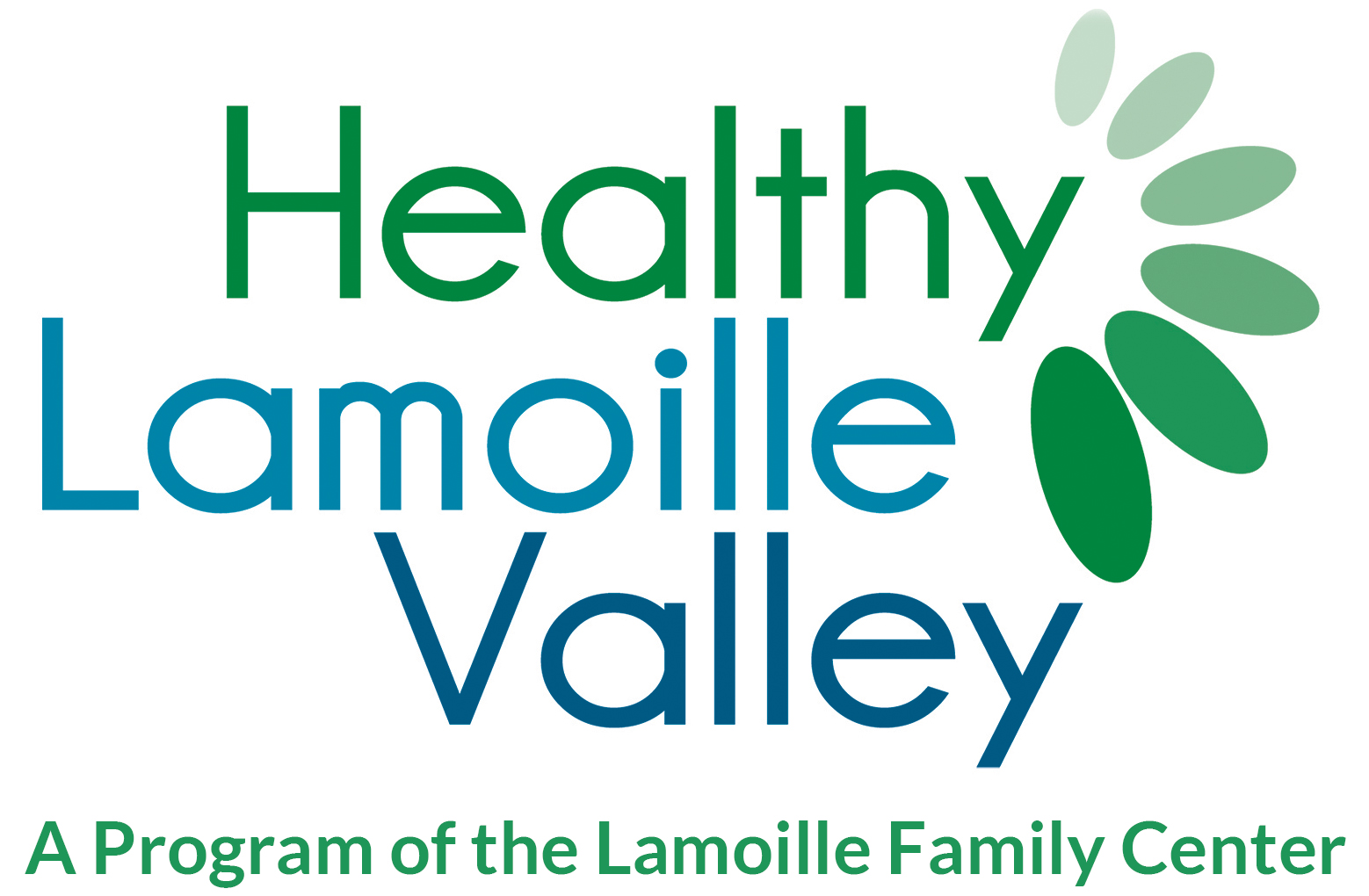On Thursday, June 29th, Healthy Lamoille Valley’s Youth Substance Prevention Coordinator, Brian Duda attended a Town Meeting on Youth Mental Health with Senators Bernie Sanders, Peter Welch, and Representative Becca Balint at Spaulding High School. The delegates began by outlining the youth mental health crisis that we are facing in Vermont and throughout the country (see this article). Some of the root causes they attributed to the current youth mental health crisis included: the long-lasting social-emotional ripple effects the pandemic, the negative impacts social media and phones have on young people’s developing brains, the shortage of mental health professionals to fill the overwhelming need, and perhaps the most important factor, according to Sanders, is youth not feeling connected to and valued by their community. He and the other delegates emphasized the importance of building community connections, protective factors, and resiliency so that young people and people of all ages and backgrounds feel recognized by and connected to their communities.
Alongside the delegates, a panel of 3 experts shared their insights and helped field questions. The panel included a child psychiatrist, a school counselor, and Lamoille county pediatrician, Dr. Katie Marvin. Dr. Marvin and other experts spoke about the importance of mental health screenings and brief interventions, like SBIRT (Screening, Brief Intervention, Referral and Treatment) both in clinical settings, like adolescent well-care visits, and universal screenings in schools. Dr. Marvin also shared the importance of collaborating community partners and alluded to a resource that she developed with Healthy Lamoille Valley called 3 Steps to Show Youth They Matter.
A wide range of individuals of all ages and backgrounds spoke at the town hall event. One student asked how they can help support their friends struggling with mental health issues. Panelists shared how important it is to have open and honest conversations about mental health with their friends, to know the resources and adults to go to when they or their friends need extra support. Another student expressed the mental health issues that they and other students of color experience on a daily basis, how social media helps them connect to one another, and how there needs to be more BIPOC school staff and mental health professionals who can uniquely relate to their experience of being a person of color. A student and former teacher expressed how the threat of school shootings, active shooter drills, and school lockdowns, severely impacts theirs and other youth’s mental health. Mental health professionals, crisis workers, and others shared their experiences about the lack of systemic support for individuals experiencing mental health crises. Other topics that were raised included the stigma of mental health, the importance of enriching activities for youth, the need for more supportive and caring adults, and how factors like food insecurity, lack of health insurance, substance abuse, and environmental factors both contribute to and exacerbate the mental health crisis.
Brian shared that community coalitions like Healthy Lamoille Valley play an important role in connecting organizations and individuals within a community and how they can help build protective factors that help prevent mental health issues, substance misuse, and other issues facing youth and adults. He encouraged community members to reach out and get involved in their local community coalitions. He also asked the delegates and attendees to consider the importance of developing a workforce of mental health professionals and human service workers that are valued, well-paid, and are provided with the necessary support so that youth and individuals of all ages can access and benefit from quality mental health support.
We want to thank our delegates for hosting this important town meeting and for their commitment to supporting youth and adult mental health. We look forward to future events and conversations about this topic and learning what legislation the delegates plan to work on and pass that will help address these important issues. If you want to share your experiences, questions, or concerns with any of the congressional delegates or with state legislators, you can contact them using the links below. Email Brian at [email protected] if you would like to discuss youth mental health and have any ideas for collaboration on addressing this issue.
See the news segment on the event here.
- Contact Sen. Sanders https://www.sanders.senate.gov/contact/
- Contact Sen. Welch https://www.welch.senate.gov/share-your-opinion/
- Contact Rep. Balint https://balint.house.gov/contact/
- Contact a Vermont State Legislator here: https://legislature.vermont.gov/people/
- Rep. Balint’s plan on mental health: https://www.beccabalint.com/mental-health
- Sen. Sanders conversation with U.S. Surgeon General Dr. Vivek Murthy on the youth mental health crisis in America
Check out our resource hub for youth, which has many local and online mental health resources as well as many other resources for young people – www.healthylamoillevalley.org/youthresources

